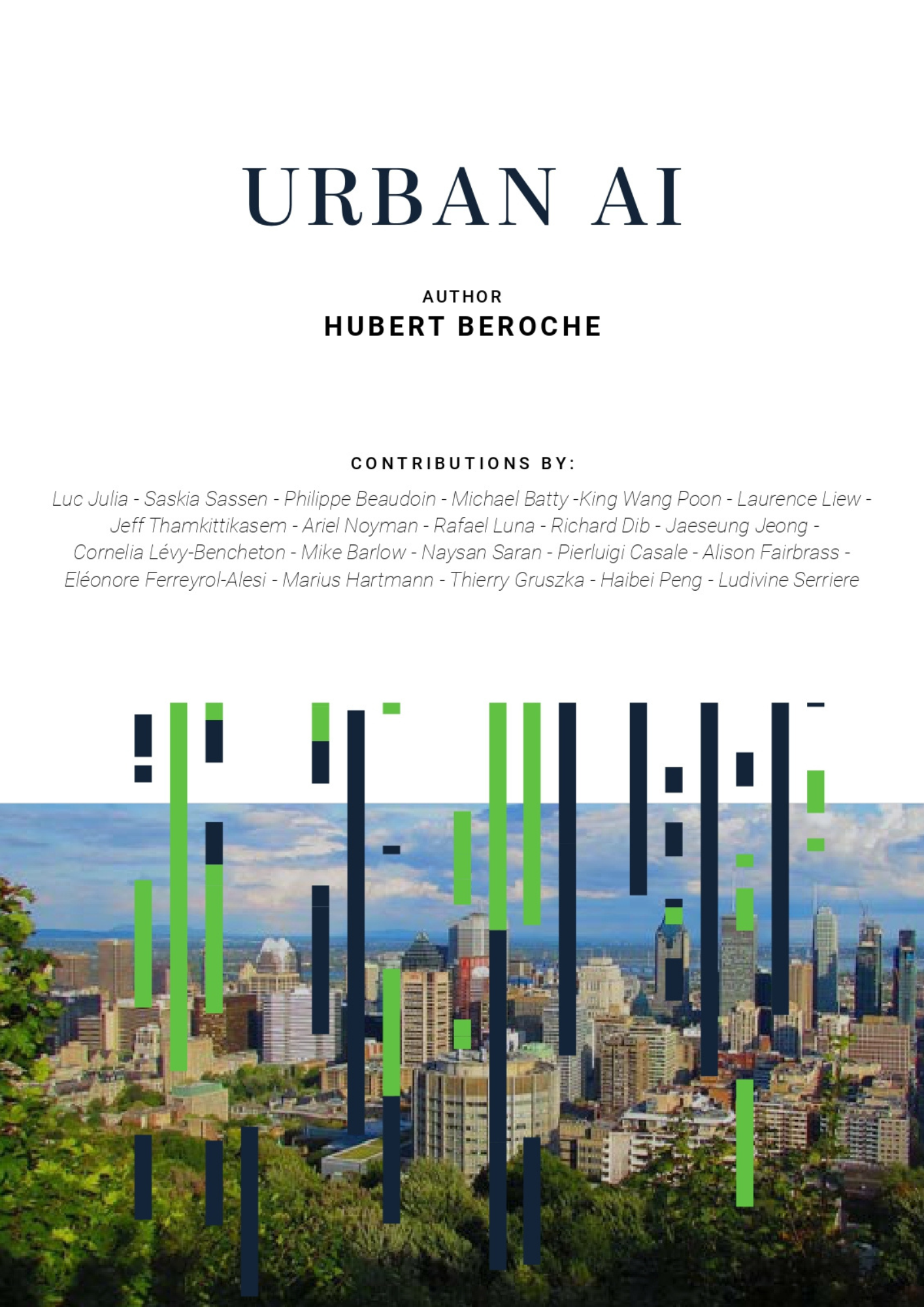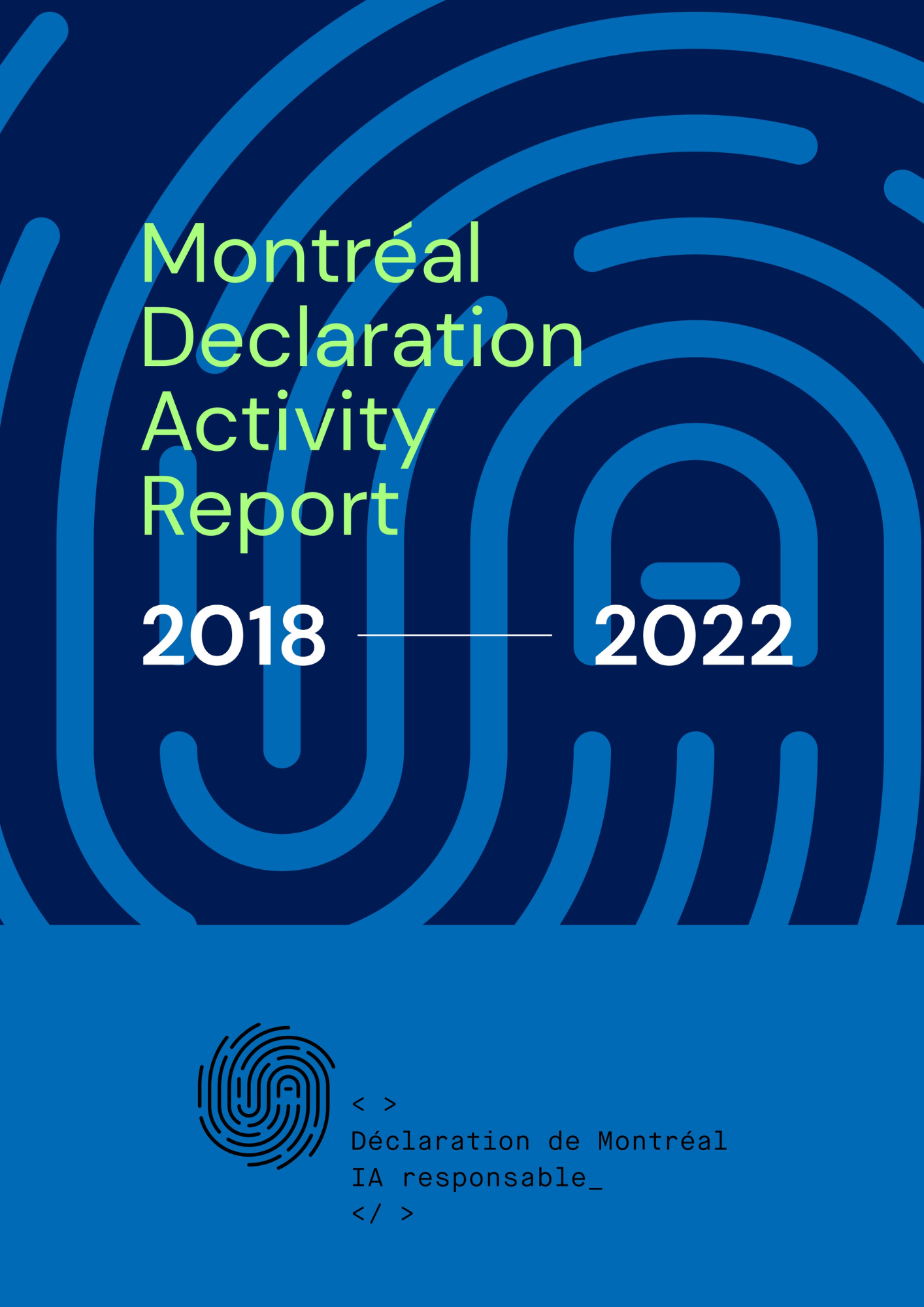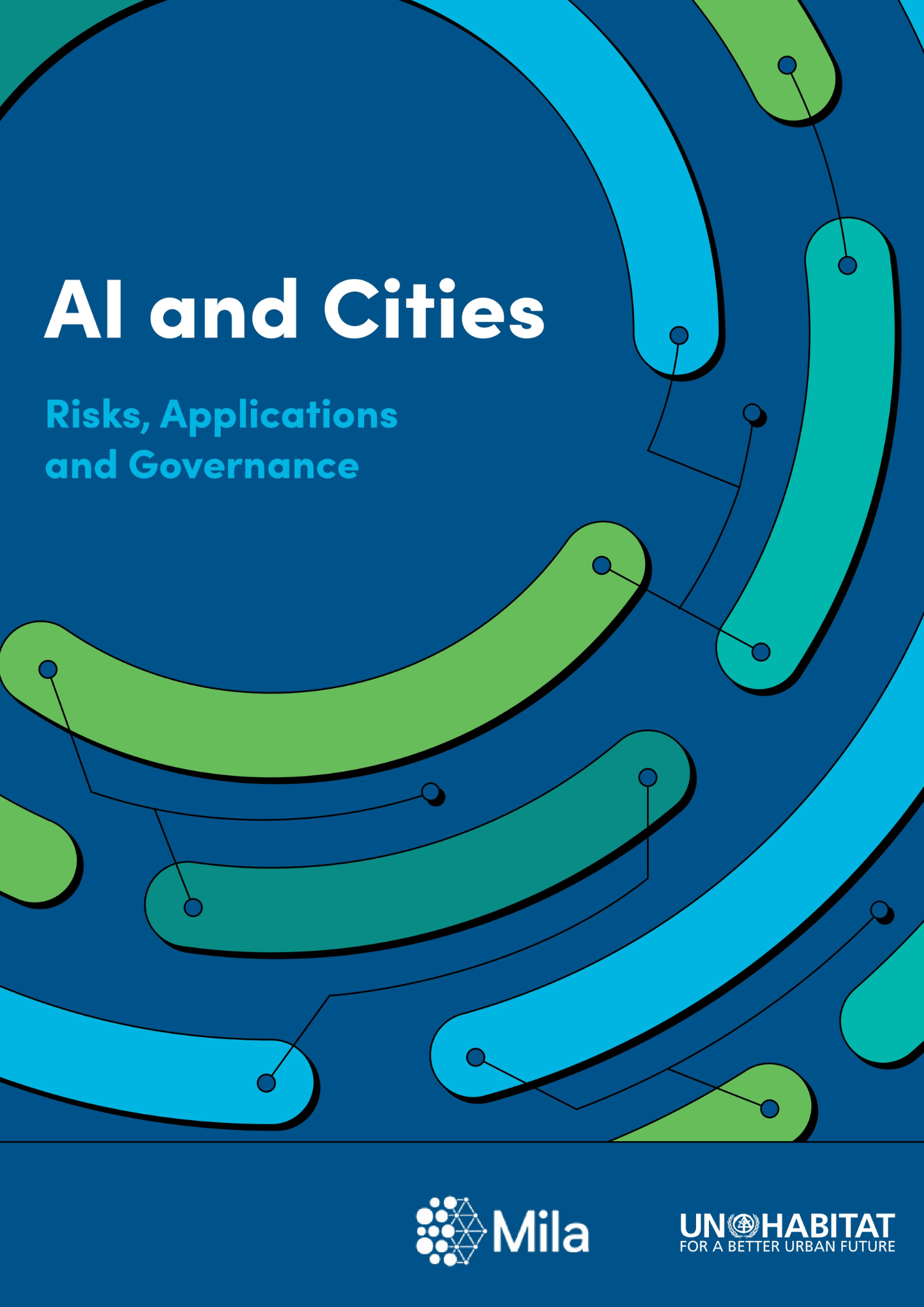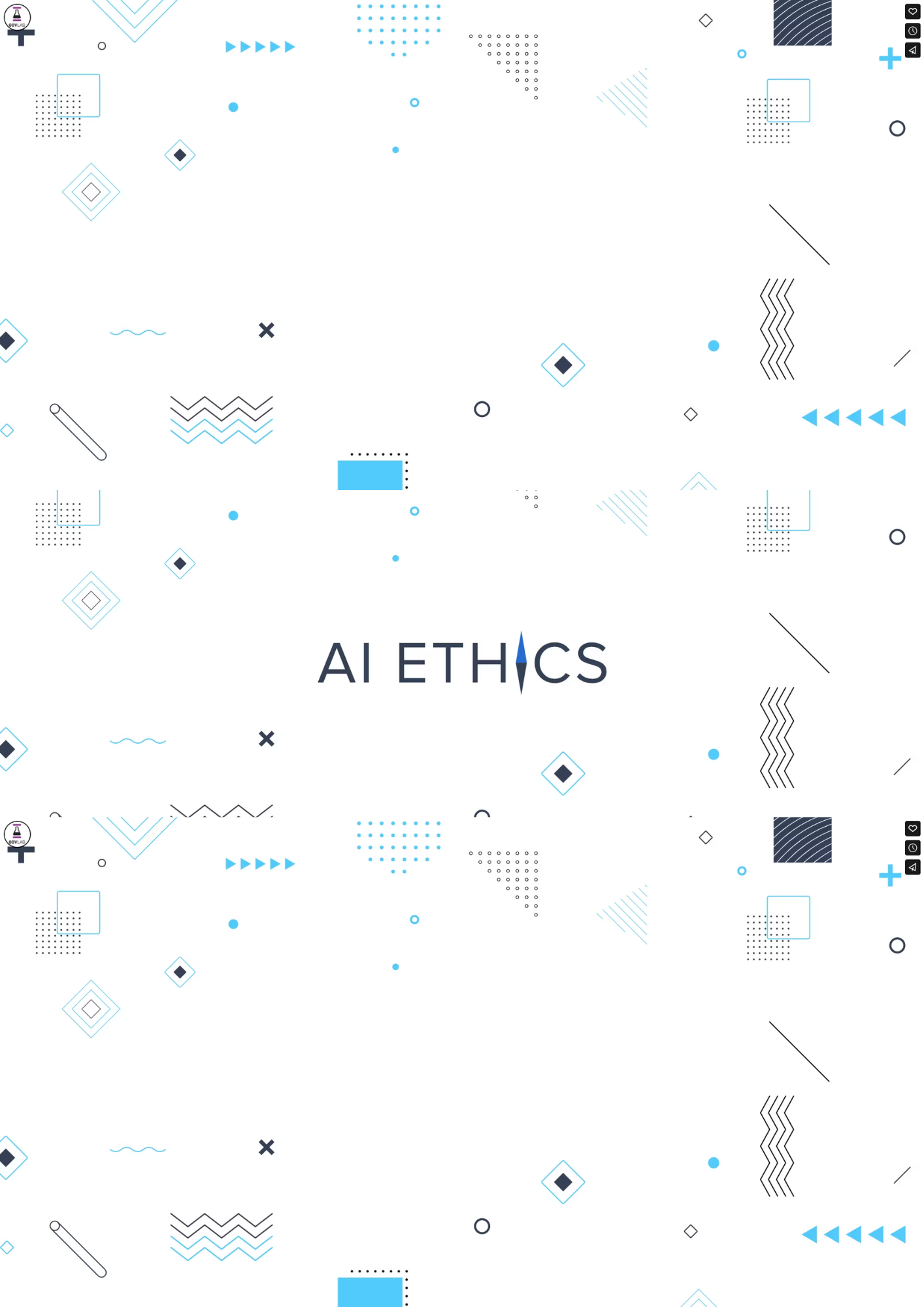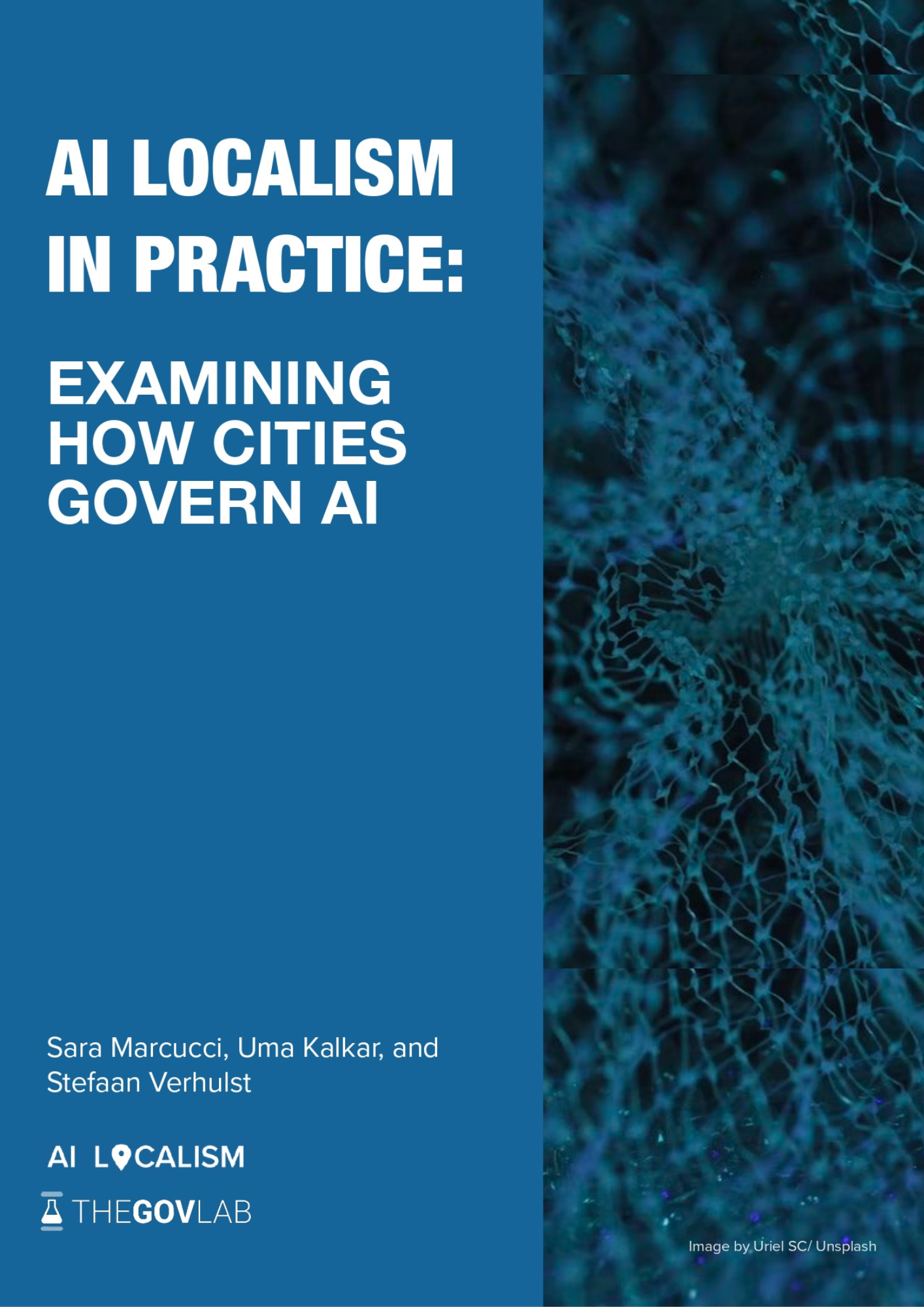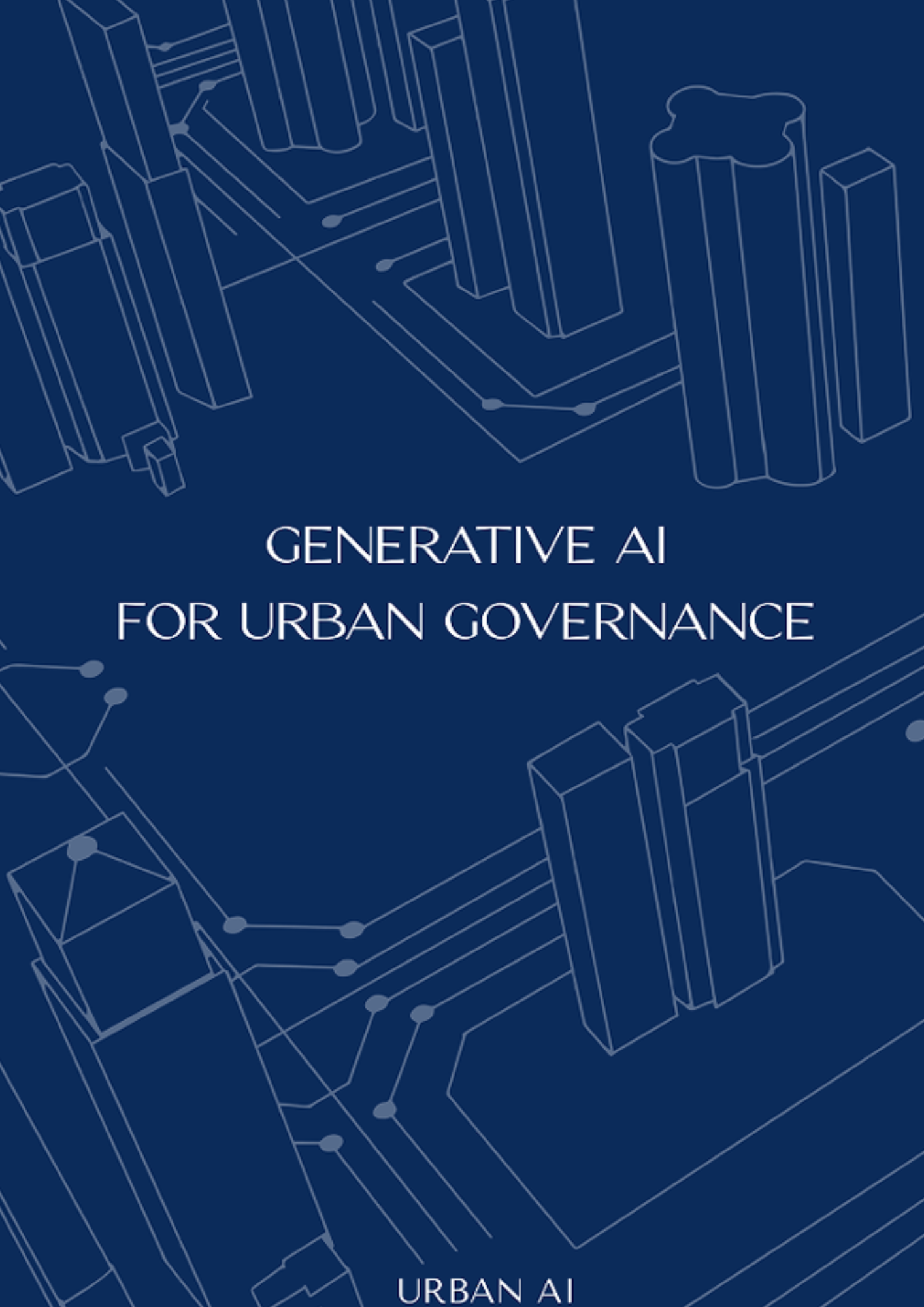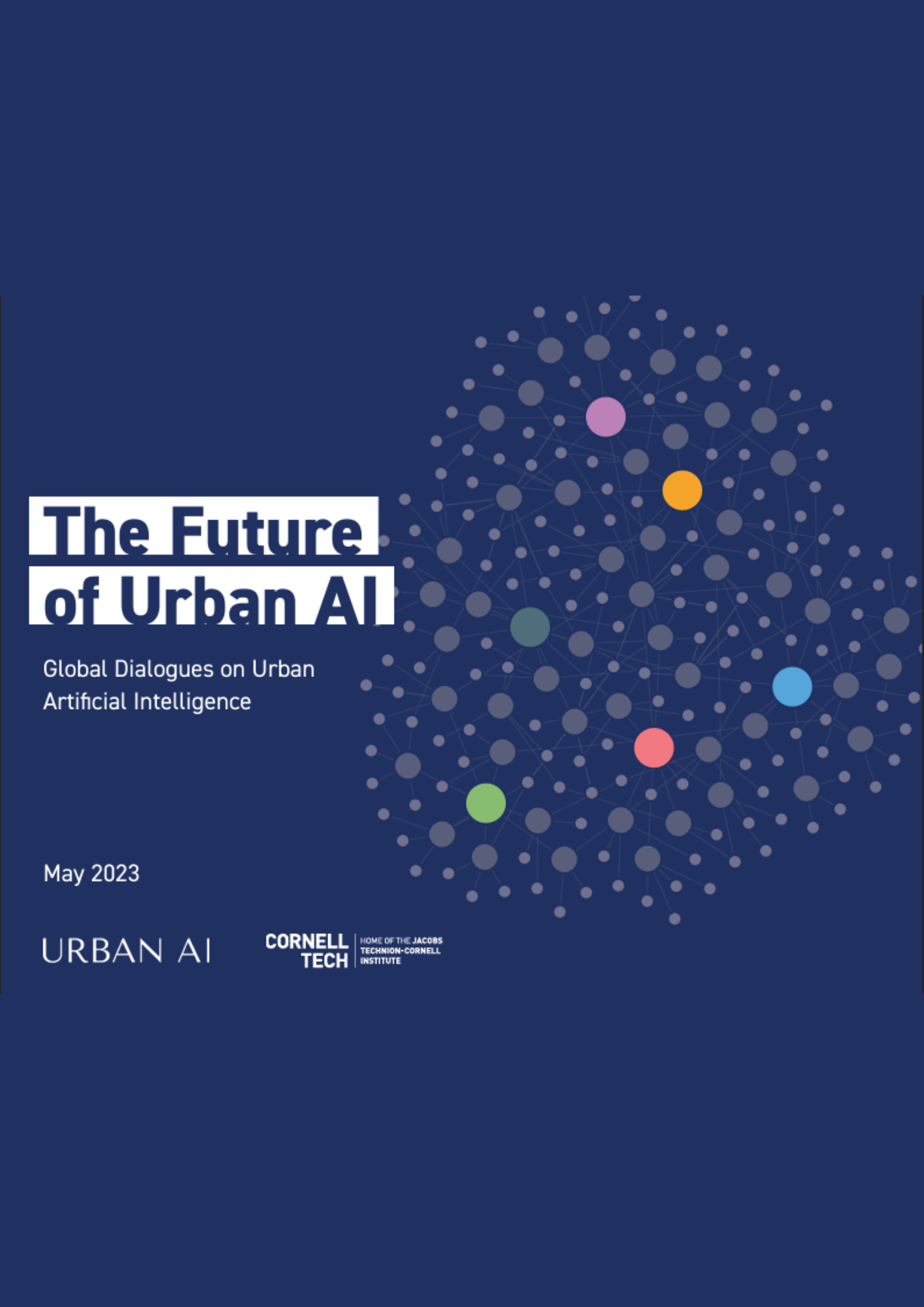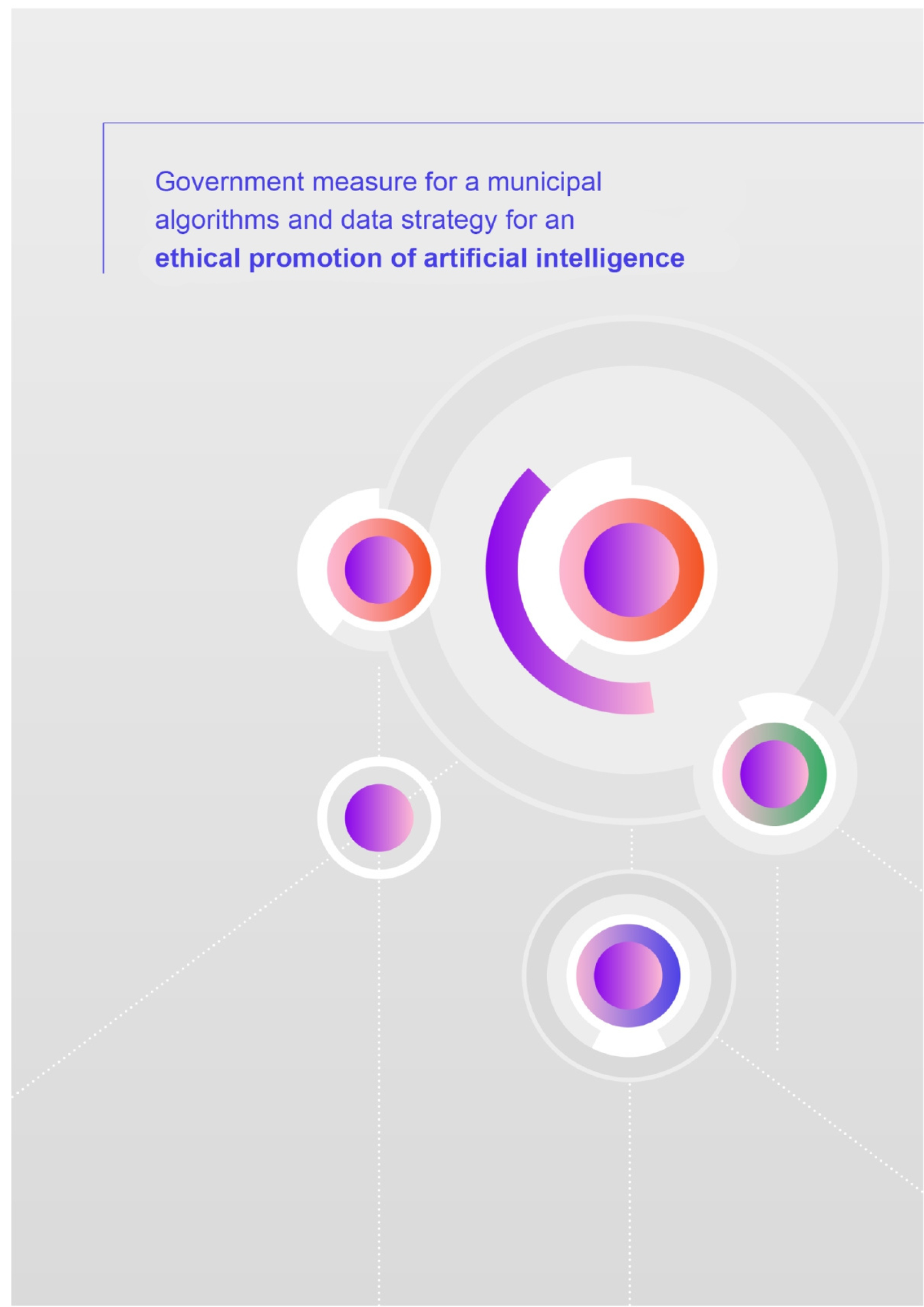AI Contract clauses for the Procurement of European Public Authorities
The AI clauses are developed for pilot use in the procurement of AI with the aim to establish responsibilities for trustworthy, transparent, and accountable development of AI technologies between the supplier and the public organisation.
Building on the good practice of the City of Amsterdam and considering the latest development of the European proposal for an Artificial Intelligence Act, the clauses have been developed by the legal and financial subgroup of #LivinginEU together with DG GROW and Pels Rijcken, in collaboration with Eurocities ENoLL (European Network of Living Labs) ERRIN Open & Agile Smart Cities (OASC) and The Council of European Municipalities and Regions (CEMR).

